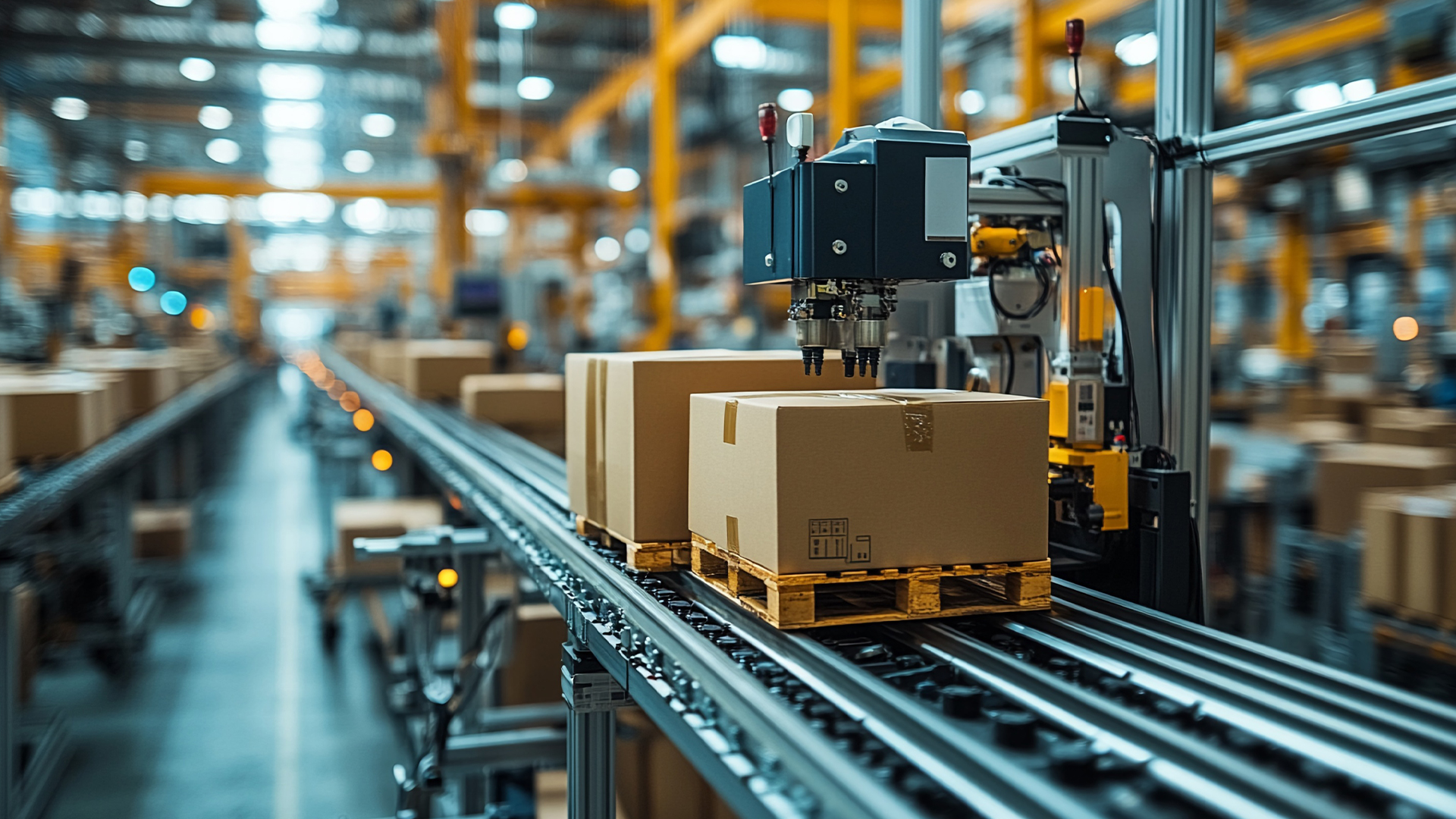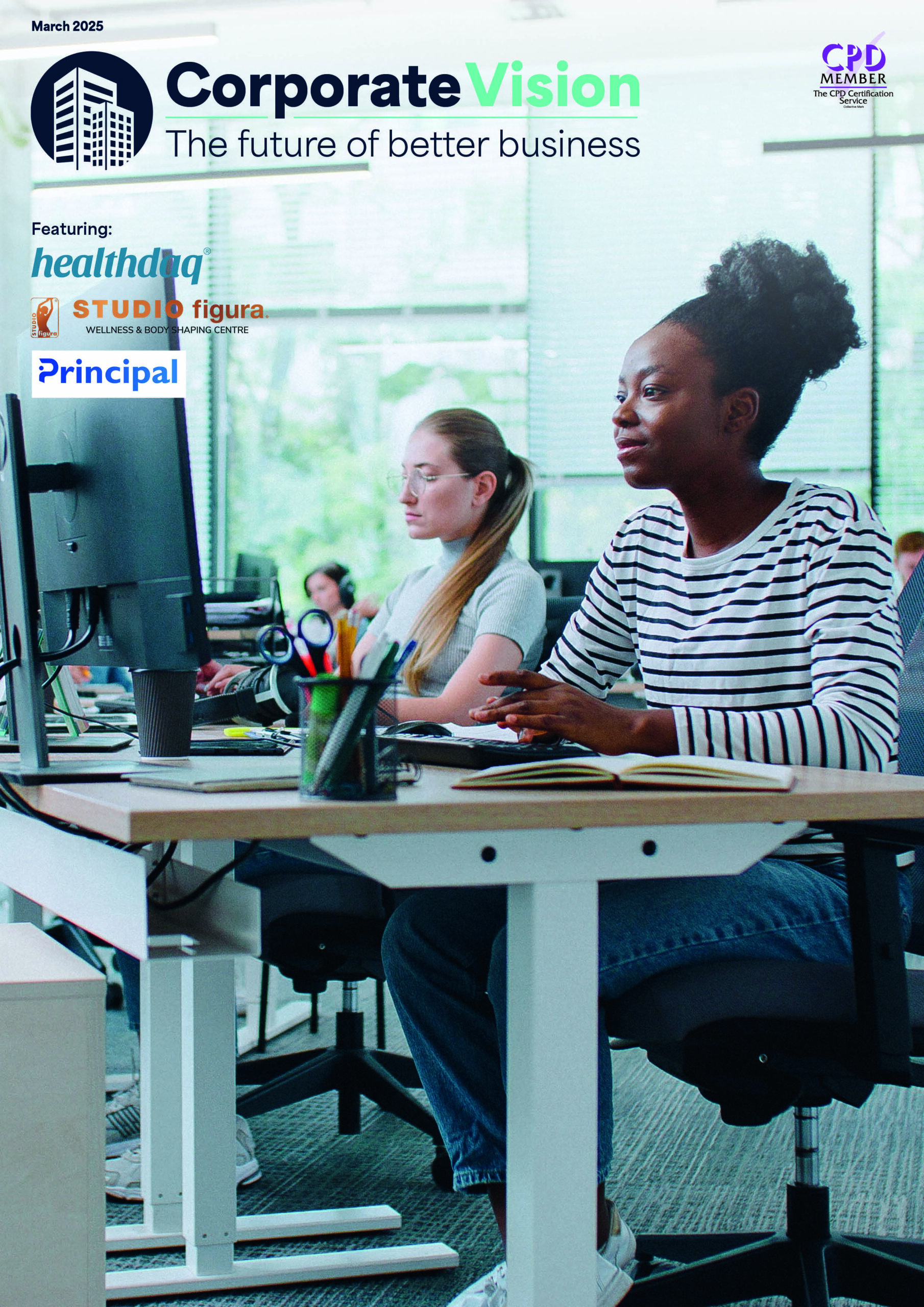When AI Takes Over the Office, What Happens to Coworking?
When AI Takes Over the Office, What Happens to Coworking?
The way we work is changing rapidly, with artificial intelligence (AI) and automation shaping the future of coworking spaces. Designed for collaboration and flexibility, these environments must keep pace with new technological demands. From intelligent resource management to personalised user experiences, AI is streamlining operations and influencing how professionals engage with their workspaces.
The AI-Powered Shift in Coworking Operations
Coworking spaces have long balanced creativity with functionality, offering adaptable environments for diverse professionals. The integration of AI and automation signals a major shift in how coworking spaces operate. Smart systems now regulate energy use, monitor real-time occupancy, and adjust lighting or temperature based on individual preferences.
Imagine walking into one of the many coworking spaces in Birmingham, where AI-powered sensors track usage patterns, automatically reallocating underutilised areas or adjusting bookings to accommodate changing demands. These AI-driven systems make operations more fluid, reducing costs while enhancing user comfort. With fewer manual tasks, staff can dedicate more time to building connections and assisting members in meaningful ways.
Automation is also simplifying administrative tasks—from onboarding new members to processing payments smoothly. AI-driven platforms reduce errors, speed up responses, and help coworking spaces run more efficiently. Whether managing enquiries or connecting members, intelligent systems make daily operations more seamless and responsive.
What If Your Office Knew Exactly What You Needed?
The potential for AI to customise and improve individual experiences within coworking spaces is immense. From suggesting the best desk locations to aligning meeting room settings with peak productivity hours, these insights create a workspace that adapts to its occupants. Chatbots and virtual assistants make operations more efficient by providing instant answers to common queries, streamlining booking processes, and resolving technical issues. Advanced access systems—such as facial recognition and voice-activated controls—remove friction from daily interactions, making the workspace more intuitive.
Beyond logistics, AI facilitates deeper collaboration. Smart platforms analyse members’ skills and interests, identifying potential partnerships within the community. By strategically connecting professionals with complementary expertise, coworking spaces become more than just workplaces—they turn into spaces where new ideas take shape.
The Next Phase of Coworking Is Already Here
As hybrid work models become standard, coworking spaces are shifting to better accommodate remote and flexible teams. AI-driven tools, including virtual and augmented reality platforms, help professionals collaborate seamlessly across distances while maintaining productivity. This technological shift positions coworking spaces as practical solutions for an increasingly digital workforce.
For businesses integrating AI into their workflows, coworking environments offer more than just a desk—they provide access to essential digital tools, expertise, and networking opportunities. By embedding AI-driven resources, these spaces support professionals and companies looking to stay competitive in a changing work landscape. With digital transformation accelerating, coworking spaces must adjust to meet evolving demands. Smart technology advances infrastructure and user experience, making these environments more efficient and adaptable. The synergy between human creativity and AI-driven efficiency is remodelling shared workspaces, strengthening professional communities in the process. As the workplace continues to change, is your coworking space keeping up?













